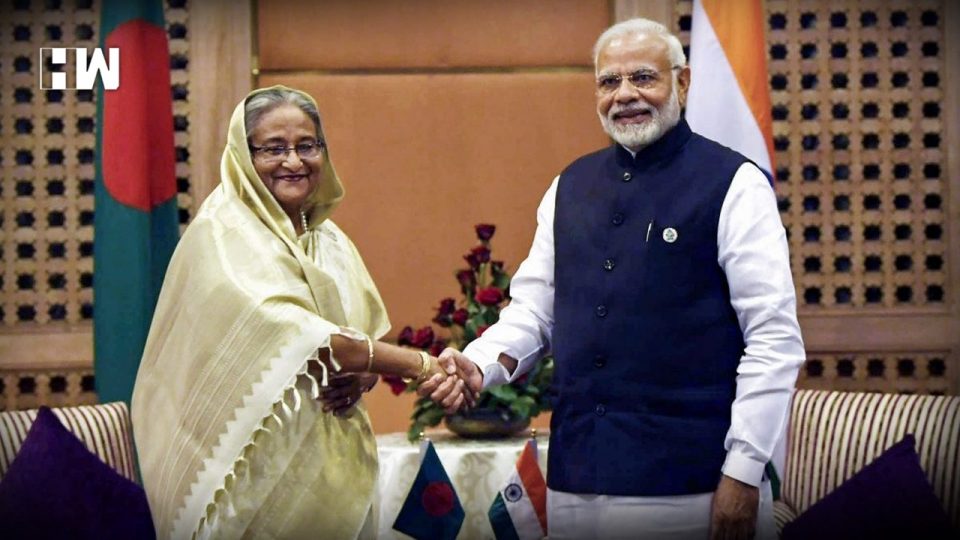On Tuesday, the IMF released its ”World Economic Outlook” report. The global monetary body said India’s per capita GDP is set to plunge to $1,877 this fiscal year ending on March 31, 2021.
According to the International Monetary Fund (IMF), India is set to drop below Bangladesh in terms of per capita Gross Domestic Product (GDP) as the economy is projected to contract by a massive 10.3 per cent this year. Among major emerging markets amid the coronavirus pandemic, the IMF’s forecast for India, a huge downward revision from its previous prediction in June, will see the biggest contraction.
On Tuesday, IMF released its ”World Economic Outlook” report. The global monetary body said India’s per capita GDP is set to plunge to $1,877 this fiscal year ending on March 31, 2021. In June, the IMF had projected that the output would shrink 4.5 percent. According to the IMF report, Bangladesh per capita GDP in dollar terms is expected to grow to $1,888.
India, however, is likely to bounce back with an impressive 8.8 per cent growth rate in 2021, thus regaining the position of the fastest-growing emerging economy, surpassing China’s projected growth rate of 8.2 per cent, the IMF predicted.
The report released ahead of the annual meetings of the IMF and the World Bank, said global growth would contract by 4.4 per cent this year and bounce back to 5.2 per cent in 2021.
Congress leader Rahul Gandhi, who has been consistently targeting centre over the economy, hit out at the government after the IMF projections. “Solid achievement of 6 years of BJP’s hate-filled cultural nationalism. Bangladesh set to overtake India,” Rahul Gandhi tweeted.
According to the IMF report, among BRICS countries, Brazil’s economy will contract 5.8 per cent, Russia 4.1 per cent, South Africa 8.0 per cent while China will grow 1.9 per cent.
As an independent media platform, we do not take advertisements from governments and corporate houses. It is you, our readers, who have supported us on our journey to do honest and unbiased journalism. Please contribute, so that we can continue to do the same in future.

